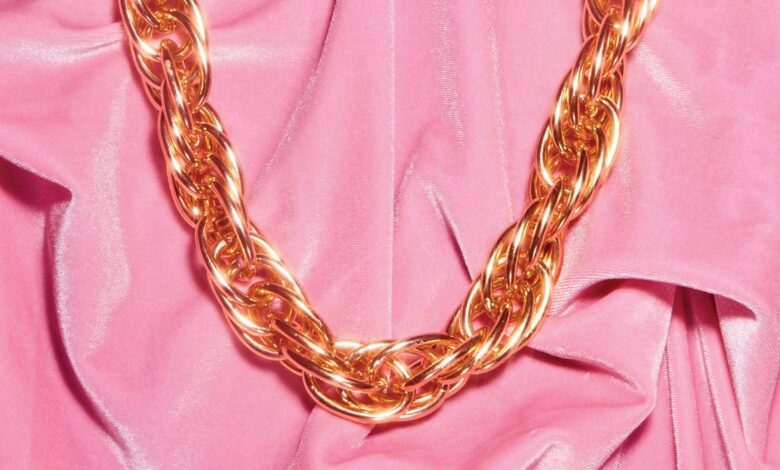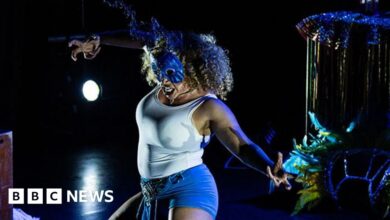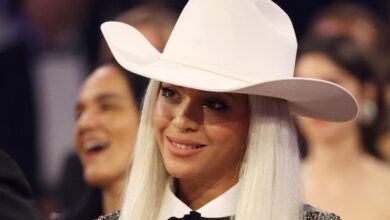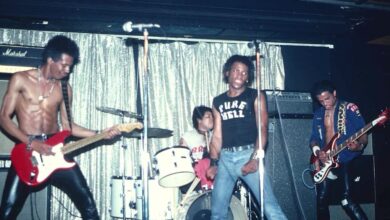TikTok and the Evolution of Digital Blackface

Adds @d_damodel: “Ayeeee ok 🔥🔥🔥🔥🔥🔥🔥.”
Blackmon uploads three more videos throughout the day. In one, she urges followers to donate “to the collection plate in my bio” (aka her CashApp). None of them performs quite as well as the initial freestyle, but she’s satisfied and considers the day a win.
When Blackmon opens TikTok again the following morning—“to check my views,” she says—she realizes something has gone wrong. Her freestyle post is still there, but it’s now silent. The audio has been completely removed. In her three months on the app, it’s a first. “You know how you get an instinct where you’re like, ‘That’s not right’?” Blackmon tells me in June, when we talk by phone. “That one did not sit well with my spirit.”
TikTok often mutes posts for violating its community guidelines, but Blackmon isn’t told which guideline she violated. As is typical in these cases, she’s given no explanation or notice of any kind. She reflects back on the video—no cursing, no hate speech, nothing too controversial. When she looks for a way to appeal the decision, she can’t find one. She’s left only with a suspicion, a taste of something bitter. “It’s not just me,” Blackmon says. “They are picking on certain types of creators.”
The following day, sans makeup, Blackmon uploads another video, done in one off-the-cuff take. “Isn’t this funny—TikTok doesn’t silence Black creators?” she says in a mocking tone. “Then why did they take my sound down from my video, from my pro-Black rap that went viral yesterday? I wonder.” It was almost too absurd. Blackmon made a video protesting censorship—and was censored. Is this what it meant to be Black and unapologetic on TikTok?
TikTok has an irresistible draw. In my casual use, I often find myself spellbound by its gonzo humor and mini-blockbusters, full of conceptual daring. The app’s directive, it seems, is to optimize happiness. But something lurks beneath the gloss. As TikTok has grown to more than 800 million users, it has begun to mirror the larger world: the quirks, passions, and prejudices of the people who have started to populate and influence the form. I’d heard stories like Blackmon’s, bits and pieces of discouragement and grievance, but I wanted to understand it fully. So I started reaching out to TikTokers in all parts of the country, some veterans of the app, others new to it, to learn about their experiences, to see what was going on.
Over a period of two months, I heard from 29 Black creators who shared stories about muted posts, in-app harassment, and incidents of racism. They said the problems on the app are deeper and more widespread than simple isolated incidents. “Ever since I joined I’ve felt like the app is against me,” one told me. Another added, “It’s disgusting how much they have allowed to go unchecked.” Together, their experiences belie the perception of TikTok as an app of joy and creativity, revealing instead a place tangled up in an ancient pain—a site of blurred visions and youthful ignorances, where flattery quickly turns into mockery, mockery into theft, and theft into something altogether more disturbing.




